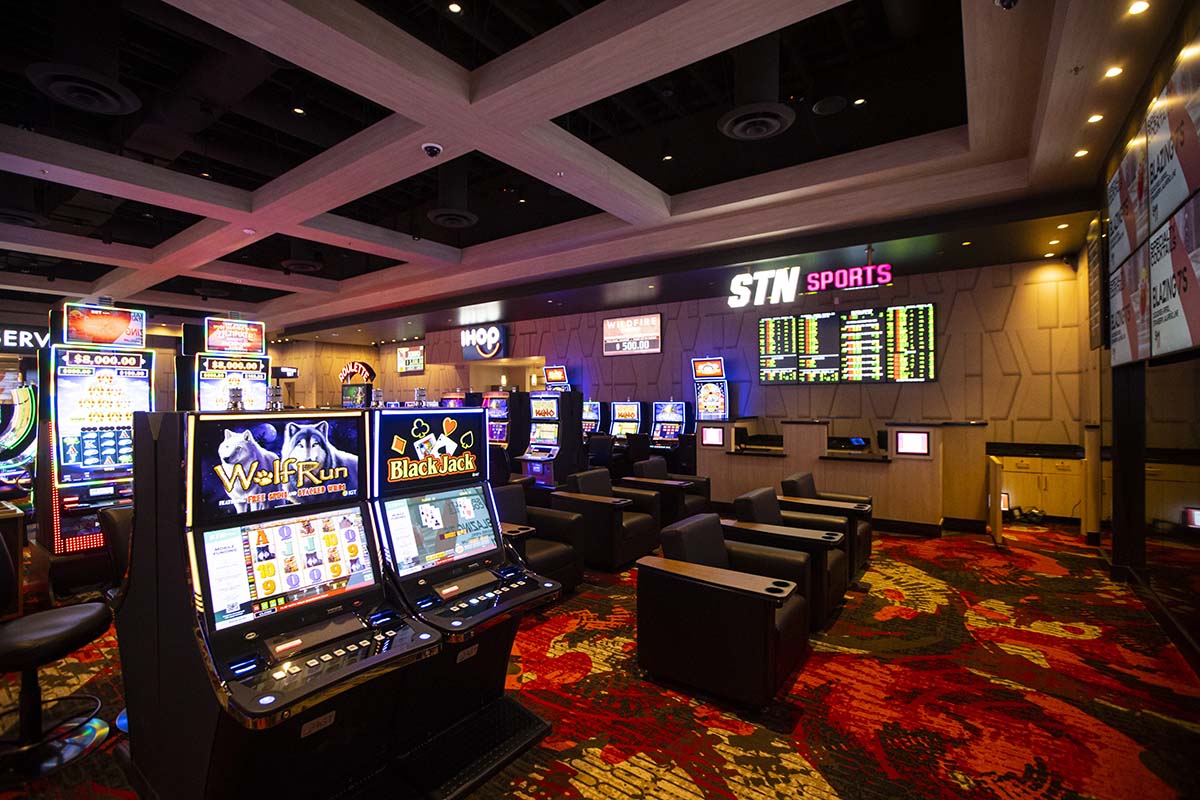
This world of casino gaming has experienced a significant transformation in past years, driven by technological progress and changing consumer preferences. As an increasing number of players shift to online mediums for leisure, traditional gambling games are being modified to satisfy the needs of a tech-savvy consumer base. This shift not only involves the shift from physical to virtual spaces but also covers the development of gaming systems and player engagement techniques.
In this emerging virtual age, game developers are harnessing cutting-edge techniques to create engaging environments that appeal with a diverse spectrum of players. From online slot games with breathtaking visuals to dynamic card games that replicate the feel of a live gambling hall, the adaptation process is changing how we perceive and enjoy gambling games. As we navigate this fascinating journey, it is clear that the future of gambling lies in the smooth integration of advanced technology with the timeless appeal of chance and strategy.
A Evolution of Gambling Games
Gambling entertainment have gone through significant transformations throughout history, reflecting changes in technology, society, and player preferences. In ancient times, basic games of chance were played using rudimentary items such as stones and animal remains. As societies evolved, so did the sophistication of these games. The emergence of playing cards in the Middle Ages marked a pivotal moment, culminating to the development of popular titles like Texas Hold’em and 21, which are continuously enjoyed in the present. Over the years, the physical layout of gambling establishments has also evolved, shifting from tiny local venues to expansive, elaborate establishments.
The 20th century brought about a change in the realm of casino games with the advent of digital gaming. Fruit machines emerged as a popular attraction, captivating gamblers with their vibrant lights and audio effects. This era also saw the emergence of casino resorts, which merged high-end accommodations with a wide variety of casino options. The introduction of video gaming further broadened the landscape, allowing for more intricate designs and gaming mechanics. These developments not only pulled in a broader audience but also altered the way gambling games were played.
With the rise of the internet in the final 90s and beginning 2000s, gambling games entered a new digital phase. Virtual casinos appeared, providing participants with the convenience of gaming from their own spaces. This transition required gaming designers to rethink traditional mechanics and modify them for an interactive digital environment. Currently, advancements in tech, including mobile gaming and virtual reality, persist to shape the progress of gambling games, creating immersive experiences that engage players like not before.
Key Features of Online Casino Games
Digital casino games have changed the way participants engage with casino gaming by providing engaging experiences that replicate the excitement of physical casinos. One of the most significant features is the use of high-quality graphics and animations, creating a visually stunning captivating environment. Developers focus on providing lifelike themes and enthralling storylines that entice players into the game, enhancing their overall experience. The ability to provide 3D visuals and stunning sound effects means that players can experience a dynamic atmosphere similar to what they would experience on a casino floor.
Another important aspect of virtual casino experiences is the accessibility they offer to players worldwide. Online platforms enable individuals to play their favorite games from the comfort of their own homes or on the go through mobile devices. Jun88 This convenience is accompanied by a broad range of gaming alternatives, including slots, table games, and live gaming experiences. Players no longer need to commute to a physical location to enjoy their favorite betting experiences, allowing a larger audience to engage with gambling experiences.
Lastly, virtual gaming experiences frequently integrate cutting-edge features such as interactive gameplay and community features. Many games now allow players to compete against one another, join tournaments, or even share their achievements on social networking sites. This change encourages a sense of community among players while encouraging friendly competition. Additionally, features like customizable avatars and in-game chat options improve engagement, making the digital gaming experience even more enjoyable for all users.
The Future of Online Gaming
As technology makes progress, the landscape of online gaming is preparing for significant transformation. Immersive and enhanced reality are disrupting the industry, offering players an immersive experience that reflects the thrill of being in a brick-and-mortar casino. These advancements create opportunities for game designers to introduce unique game formats and engagement tools, reshaping how players connect with their preferred casino games.
Additionally, the integration of smart technology is improving user experiences and customizing gameplay. AI can analyze player behavior, suggest tailored game options, and improve customer support through automated assistants. This tailoring not only maintains players occupied but also assists build a loyal community around specific casino platforms, setting them for success in a competitive market.
Ultimately, the rise of mobile gaming is another crucial factor shaping the future of online gaming. With an ever-increasing number of players accessing casino games on their phones, game designers are focusing on optimizing their platforms for mobile access. This transition allows players to enjoy casino games anytime, paving the way for a more dynamic and accessible gaming environment that appeals to a broader audience.
